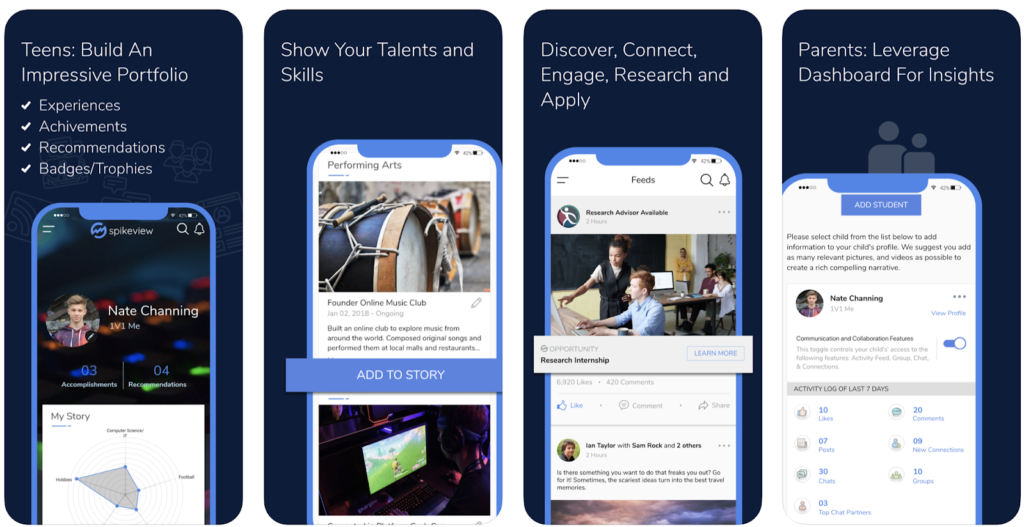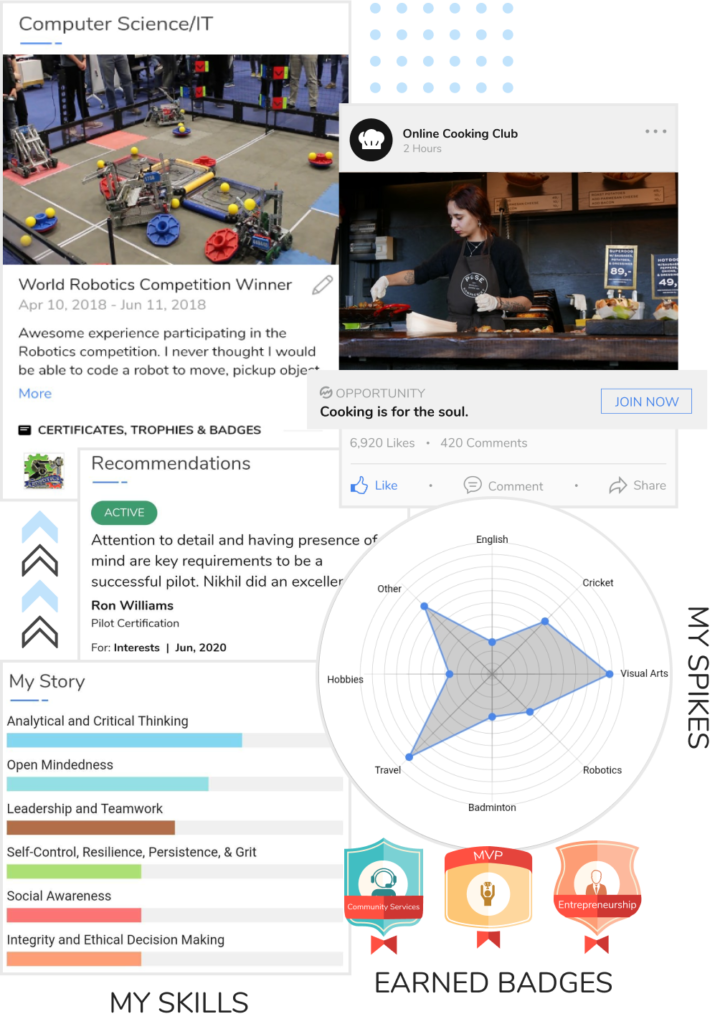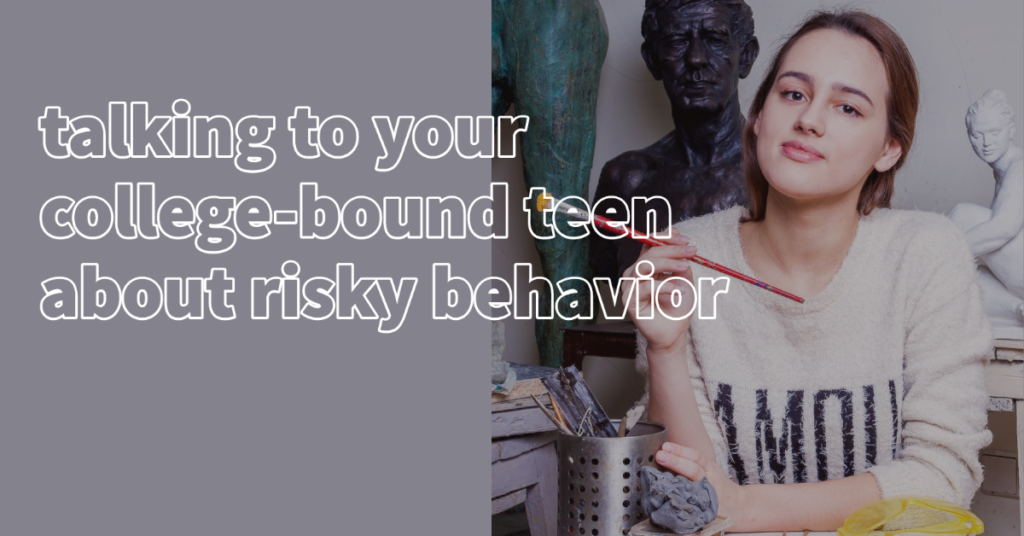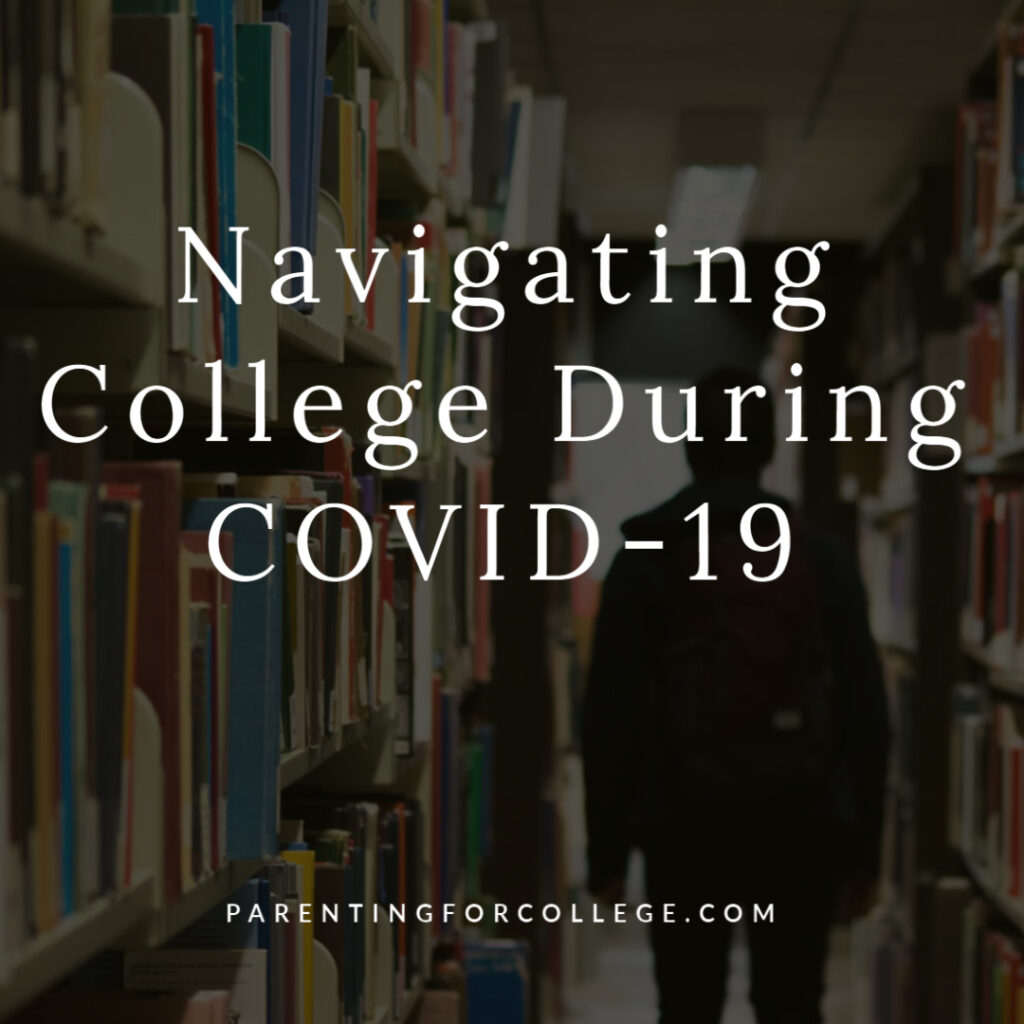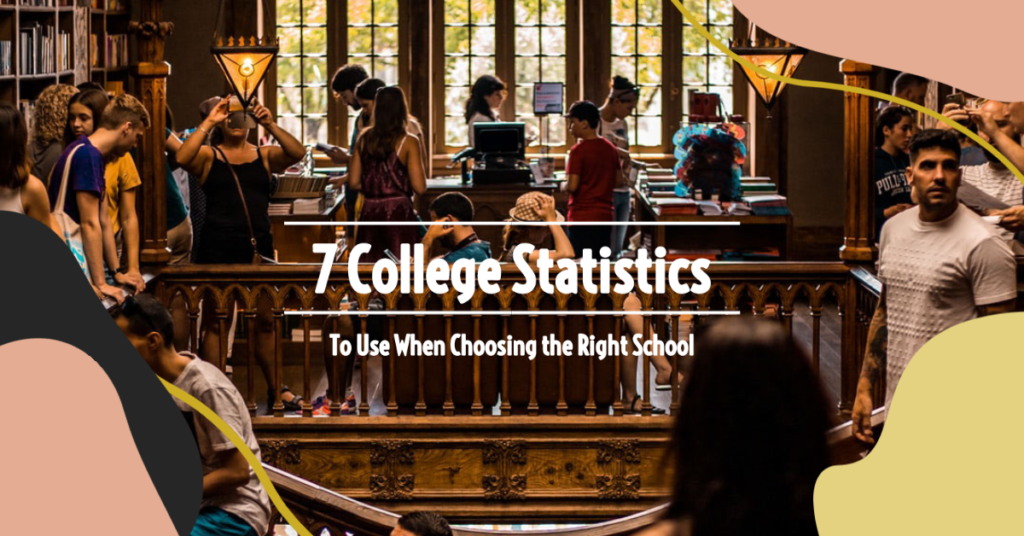
I’m not really a math geek, but I do like to look at the statistics. Statistics are more than just numbers on a page; they tell a story. College statistics can tell you a story about the college your son or daughter is applying to.
Even though applying to college is an emotional decision, it’s important for parents to help students look beyond the emotions. Students use factors like sports teams, campus appeal, Greek life and more. While these factors should help your student choose the right college, it’s also a good idea to factor in the numbers.
Two good sources for college statistics are College Navigator and College Data. These two resources will help you make an informed college choice. Numbers aren’t everything, but consider these seven important stats when you and your student are looking at schools:
1. Financial aid percentages
If your student needs financial aid to attend college, these statistics are important. How much aid a college awards to its students is reported and tabulated each year. If your student needs financial aid, a college with a low percentage of merit aid might be eliminated from your list. Use the figures to help you refine your list.
2. Acceptance rates
There are many fine colleges that give credence to hard work and commitment. College truly is for everyone. If your student is an average student, don’t despair. Look for the colleges that will recognize potential and see your child as a viable applicant. Look for colleges with high acceptance rates. Better yet, look for the colleges where your child would be a top applicant in the applicant pool. This translates into more merit aid in the financial aid package.
3. Student-to-professor ratio
If your student has trouble focusing in class, is intimidated by large crowds, and needs more personal instruction to be academically successful, a large state university might not be a good fit. There are plenty of small liberal arts colleges with great academic records and majors. When my daughter was choosing a college, our decision was highly dependent on this factor alone. Once we found colleges that had low professor-to-student ratios, we were able to look at other key factors in making the decision.
4. Freshman retention rate
As many as one in three first-year students don’t make it back for sophomore year. The reasons run the gamut from family problems and loneliness to academic struggles and a lack of money. If schools you’re considering have a low freshman retention rate, there’s a reason. Some colleges do a great job of taking care of their freshmen; some don’t.
5. Graduation rate
Did you know that graduation rates differ wildly? About 400,000 students drop out of college each year. When you research the college, look up their graduation rates. Low rates could be a red flag. Graduation rates don’t necessarily determine the quality of a degree. Yet students who start college but don’t finish are typically no better off professionally and financially than those who never even started, and in some cases, if they took on debt, might be worse off.
6. Average indebtedness
Even if students graduate, it’s no guarantee they will secure jobs; at least not one that will pay enough to cover too much student loan debt. If the average student indebtedness is high, and your student needs financial aid, this college might not make the final list.
7. Percentage of students employed after graduation
If your student graduates and can’t find a job, it’s going to be a tough road ahead. Colleges with a strong alumni network and active career centers will have a high percentage of employment after graduation. Colleges with a high percentage of unemployed graduates should be avoided by students who need to incur high student loan debt.
*Portions of this article were written for TeenLife.com

